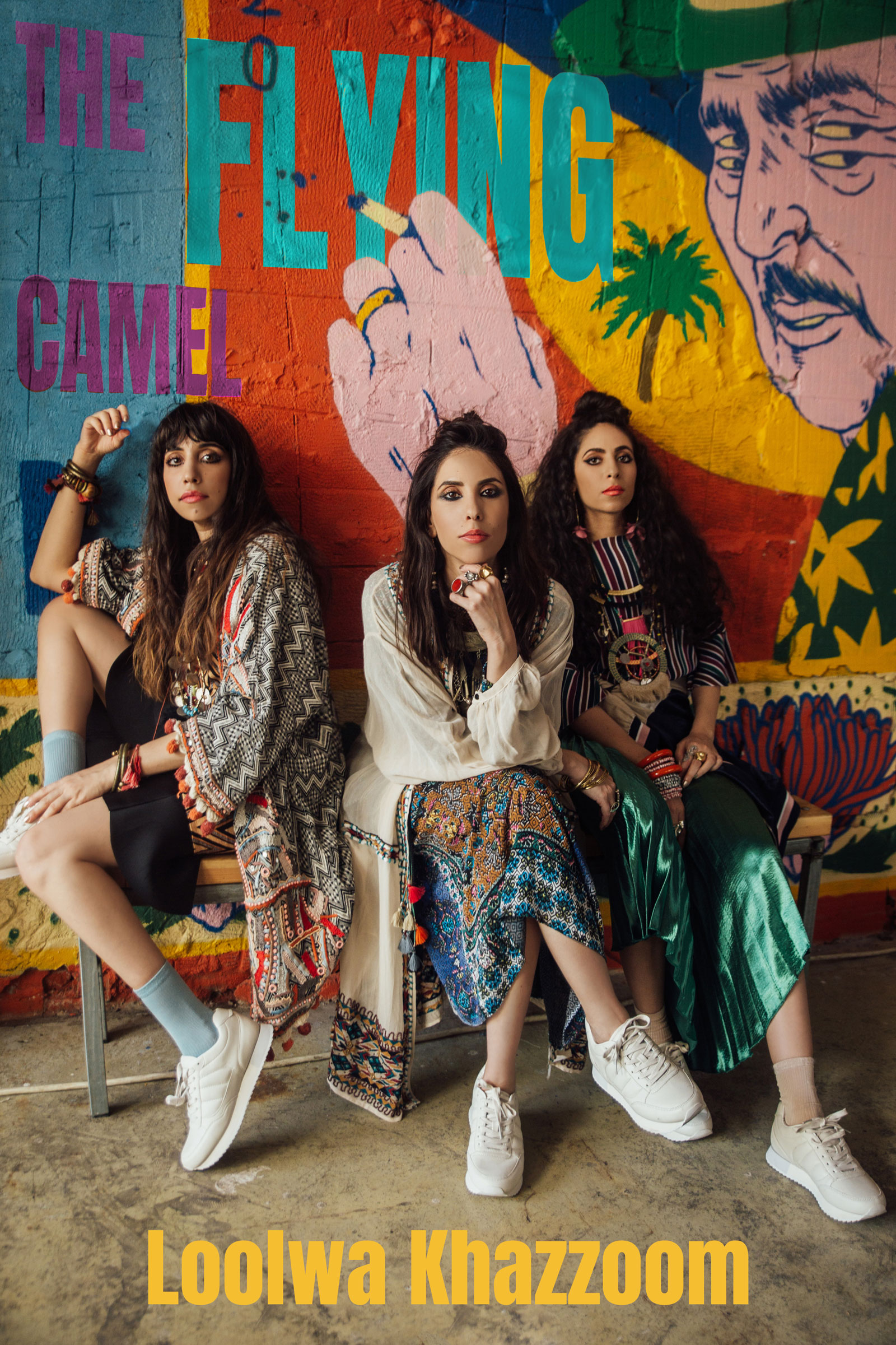The Flying Camel fills a gap in three separate academic areas – Women’s Studies, Jewish Studies, and Multicultural Studies. I will speak to the area of Women’s Studies, since that is the area in which I teach: First, there is not enough literature or knowledge about Jewish women in general. Second, for those of us who teach in the Northeast, Jewish women are often a large percentage of our students. I have usually about 50% Jewish women in my “Women’s Lives” class. Third, and perhaps most important, this book will offer something that does not exist now – a recognition that not all Jewish women are from European backgrounds. There is a real need for a multicultural analysis of Jewish people and therefore also Jewish women. This book offers just that analysis.
Beyond the needs of Women’s Studies, I think that in this moment in time, a multicultural analysis of Jewish people, including Jewish people from African and Middle Eastern backgrounds, is crucial. What happened on 9/11 has finally taught us that we need to learn more about the world outside of the U.S.A., and the Middle East violence has taught us that we need to understand more fully the problems in that area. This book breaks down the falsely constructed duality between Arab and Jew and offers us a more complex and complete picture of identity in that region.
Judith Barker
Professor of Sociology
Ithaca College
Ithaca, NY
